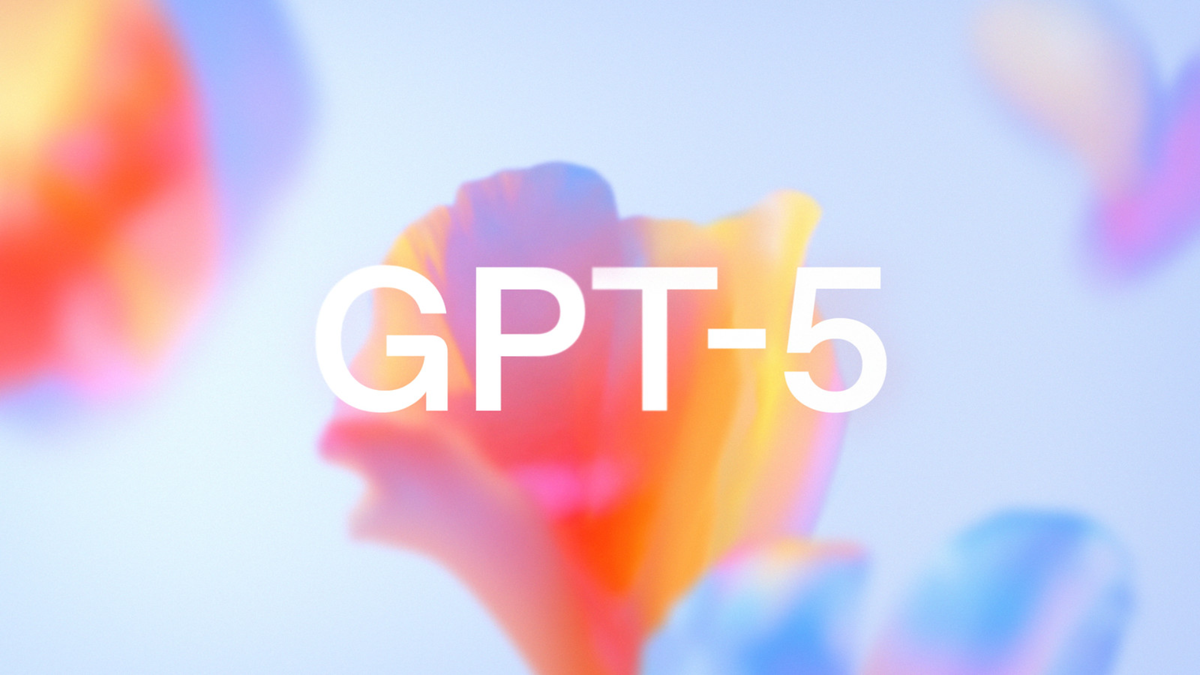AI is getting smarter. Are you?
AI can give you answers. But if you can't define the problem, none of them will matter.

The rise of smart tools
Every week, a new AI tool launches with the promise of saving you time, writing better content, or automating boring tasks. It feels like we now have unlimited access to intelligence.
But access to tools does not mean we know what to do with them. If we can’t define the problem, the tool does not matter.
Why problem-solving matters
I remember spending hours tweaking prompts, switching tools, trying to get the “right” answer. But no matter how good the output looked, it always felt off.
I was using AI to speed through thinking I hadn’t done yet.
Problem-solving isn’t just finding answers. It’s about admitting what you don’t understand yet, sitting in the discomfort of uncertainty, and resisting the comfort of quick results. It’s about asking the second, third questions after the obvious one.
Real problem-solving is often slow. And uncomfortable. That’s why we’re tempted to skip it. However, the people who don’t skip it (the ones who pause, question, and reflect) build things AI never could.
The risk of dependency
There’s a growing trend: people letting AI shape their thinking instead of the other way around. When we let tools give us answers before we define and understand the problem, we become reactive. We lose ownership of our work.
AI can make us passive. We start to depend on prompts and templates, and we stop building our own ideas.
Speed means nothing without direction. And AI will not give you the right direction unless you provide the map.
How to build a problem-solving mindset in the age of AI
Here are five small practices that help me stay grounded while using AI tools (So I think with AI, not through it.):
- Think before using any tool
If you can’t describe what’s broken in your own words, you are not ready to ask AI for help. Before you reach for any tool, pause for 5 minutes and jot down your own initial ideas, questions, or possible solutions to a problem. This simple habit trains your brain to lead the charge, instead of just waiting for an answer. - Use AI to stretch your thinking, not to skip it
Got an idea? Ask AI to argue against it. "What are all the reasons this idea might fail?" or "What's the riskiest part of this plan?" Using AI to poke holes in your own thinking to broaden your perspective. - You solve it first
Tackle problems on your own first. Then, check other places or AI tools for ideas. Where did your thinking shine? Where did the AI tools gave you a new perspective? This trains your brain to engage and rely less on outside tools. - Shift your view
Try to view a problem from at least two completely different angles. For example, how would a designer see this problem? How would someone in a different industry approach it? This widens your understanding and uncovers new solutions. - Make room for wandering
Walk. Doodle. Write. Talk it out with someone who doesn’t care about efficiency. Insight rarely shows up in a rush. It needs space to grow.
You need to train how to sit with the problem. How you hold the problem shapes every answer that follows. Tech runs. You steer.
The only skill that outlasts every tool
AI will keep getting better. It will think faster, sound smarter, and do more things we once thought only humans could do.
But the most important skill is still the ability to define a problem, see it clearly, and navigate it with judgment and care.
That can’t be automated.
If AI disappeared tomorrow, would you know what to do?
In the end, the sharpest tool means nothing in the hands of someone who does not know what they are trying to fix. So take the wheel. Move with clarity.




